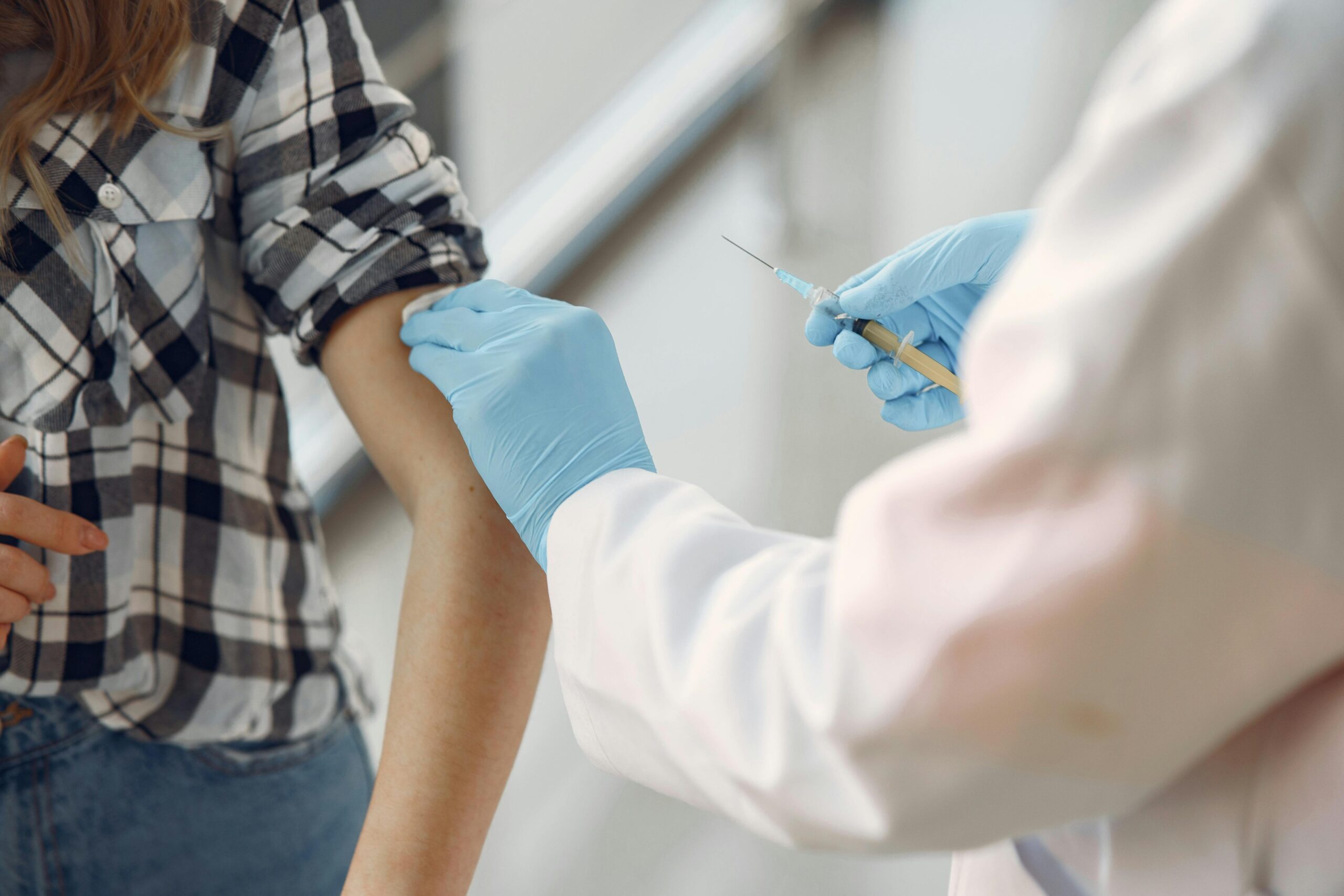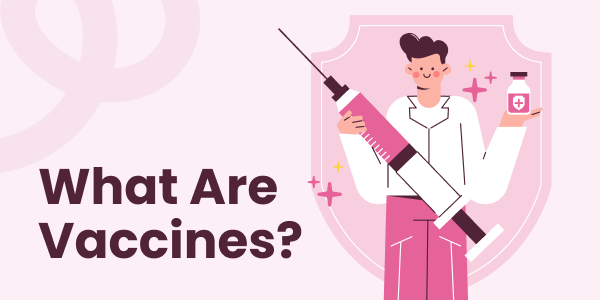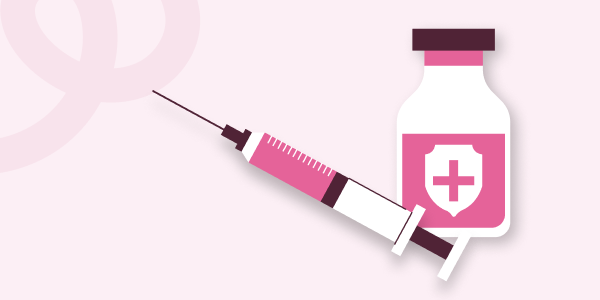
How They Work, Why They Matter, and Where to Find Trusted Information
Vaccines are one of the most effective tools we have to protect our health and the wellbeing of our communities. They’ve played a major role in reducing the impact of life-threatening illnesses and continue to safeguard people of all ages from infectious diseases.
In this blog, we’ll explain exactly what vaccines are, how they work, and why they remain so important — not just for individual protection, but for public health as a whole.
What Is a Vaccine?

A vaccine is a type of medicine designed to train your immune system to recognise and fight infections. It works by introducing a harmless version of a virus or bacteria into your body. This could be a small part of the germ, like a protein, or a weakened or inactivated version of it.
Importantly, this small dose doesn’t cause illness. Instead, it gives your immune system a preview of the disease so it knows what to look out for in the future.
When your immune system encounters this harmless version, it starts to build a defence. This means that if you’re exposed to the actual virus or bacteria later in life, your body already knows what to do — and can fight it off quickly and effectively.
Vaccines are used to prevent a wide range of infectious diseases, including measles, polio, and meningitis. Some of these illnesses used to cause serious illness, long-term complications, or even death — but thanks to widespread vaccination, they are now much less common.
How Do Vaccines Work?
Your immune system is constantly working to protect you from infections. When a new germ enters your body, your immune system works to create antibodies — natural substances that help fight off harmful invaders. This process can take time, and during that window, you may become ill.
What vaccines do is give your immune system a chance to prepare in advance.
Here’s what happens when you’re vaccinated:
- Your body detects the safe, harmless part of the virus or bacteria.
- It begins to create antibodies — your own personal defence system.
- These antibodies are stored in your immune memory.
- If you later come into contact with the real disease, your immune system already knows how to fight it.
This preparation helps your body respond more quickly and powerfully, often stopping the illness from developing altogether or significantly reducing how severe it becomes.
It’s a bit like a dress rehearsal for your immune system. By the time the real performance comes along, your body is ready.
Why Are Vaccines So Important?
Vaccines do more than just protect the person who receives them — they protect everyone around them too. This is especially important when it comes to community protection, sometimes known as herd immunity.
When a high percentage of the population is vaccinated against a disease, the spread of that illness is greatly reduced. This helps protect people who can’t be vaccinated — such as those with certain health conditions, weakened immune systems, or allergies to vaccine ingredients.

Herd immunity acts like a safety net, offering indirect protection to the most vulnerable in society.
Because of widespread vaccination efforts, many diseases that were once common in the UK are now very rare. For example, polio used to cause paralysis and death in children, but thanks to vaccines, it has been eliminated in the UK. Measles and mumps are also much less common than they once were, although maintaining high vaccination rates is crucial to keeping them under control.
Vaccines are continually monitored for safety and effectiveness, and they go through rigorous testing before being approved for use. They are one of the safest and most reliable ways to prevent illness.
By getting vaccinated, you’re not only protecting yourself — you’re also helping to protect your family, your friends, and your wider community.
Vaccine Safety and Testing
Vaccines in the UK are developed, tested, and regulated to extremely high standards. Before any vaccine is offered to the public, it goes through multiple phases of research and clinical trials. These are carefully designed to test how well the vaccine works and to monitor for any side effects.
Even after a vaccine is approved and in use, its safety continues to be monitored by organisations such as the Medicines and Healthcare products Regulatory Agency (MHRA). This ongoing monitoring ensures that vaccines remain safe and effective over time.
It’s completely normal to have questions about what’s in a vaccine or how it’s tested — especially when it comes to your health or your child’s. That’s why it’s always best to rely on clear, factual guidance from trusted sources like the NHS.
Where to Get Trusted Vaccine Information
There’s a lot of information online about vaccines — but not all of it is accurate. When it comes to your health, it’s important to turn to reliable, evidence-based sources.
For trustworthy and up-to-date information about vaccines, including when and where to get them, visit the NHS website at:
This page includes everything you need to know about the UK vaccination schedule, who is eligible for which vaccines, and how to book an appointment.

If you ever have questions or concerns about vaccines, speak to a pharmacist, GP, or another qualified healthcare professional. They can provide clear answers based on science — not speculation.
Download a Simplified Leaflet
If you’d prefer a quick-reference version of the what vaccines are, we’ve created a simplified PDF leaflet. It’s ideal for saving, printing, or sharing with friends and family.
👉 [Open the PDF leaflet]
Final Thoughts
Vaccines are a vital part of modern medicine. They help prevent the spread of disease, protect vulnerable people in our communities, and reduce the risk of serious illness. Whether you’re due a booster, looking into travel vaccines, or booking your child’s routine immunisations, staying informed is key.
By understanding how vaccines work and why they’re so important, we can all make more confident choices about our health and the health of those around us.





